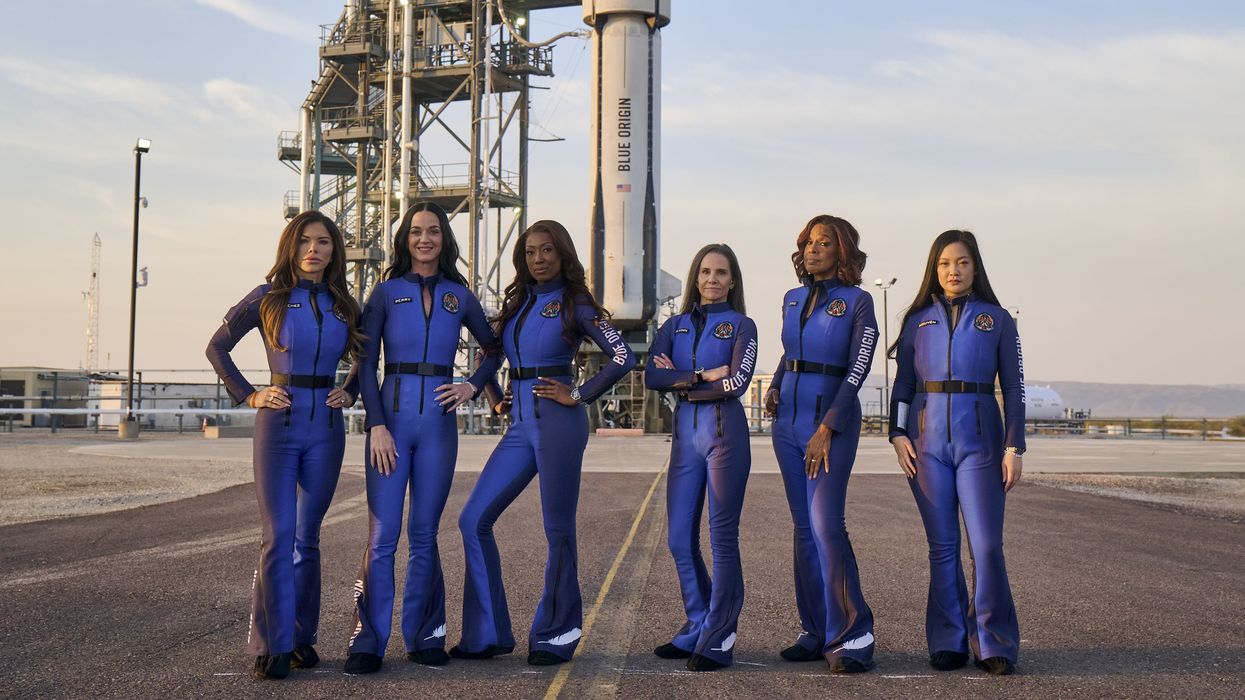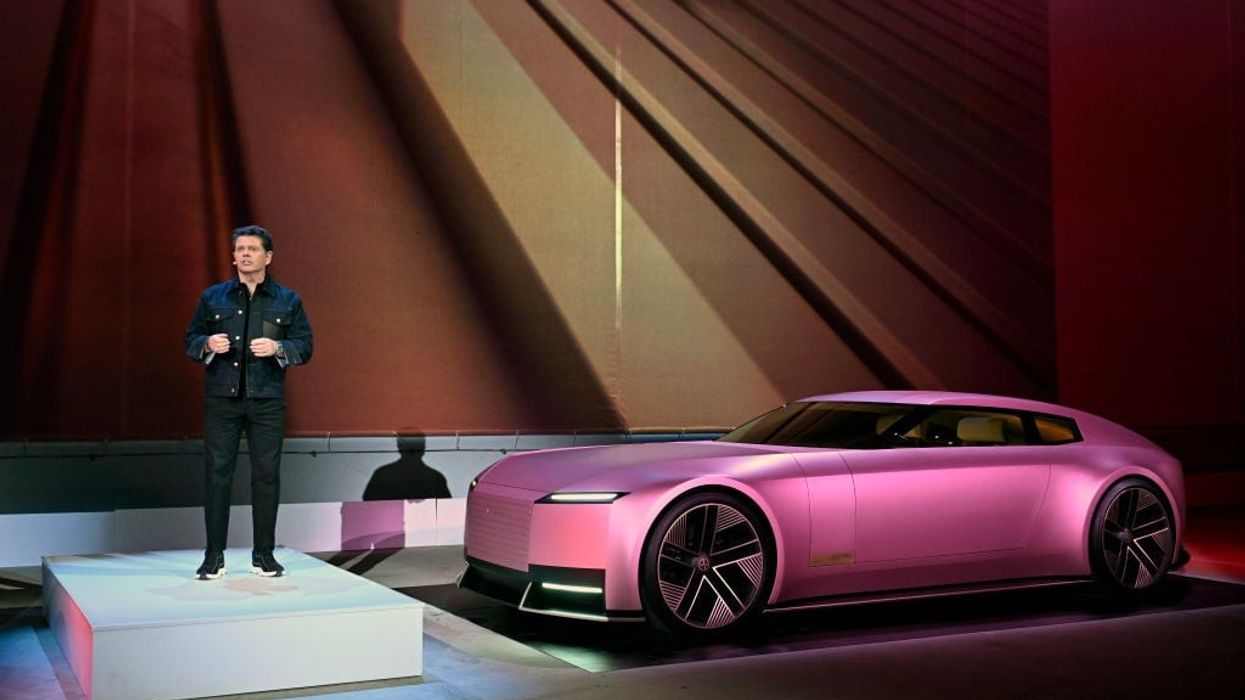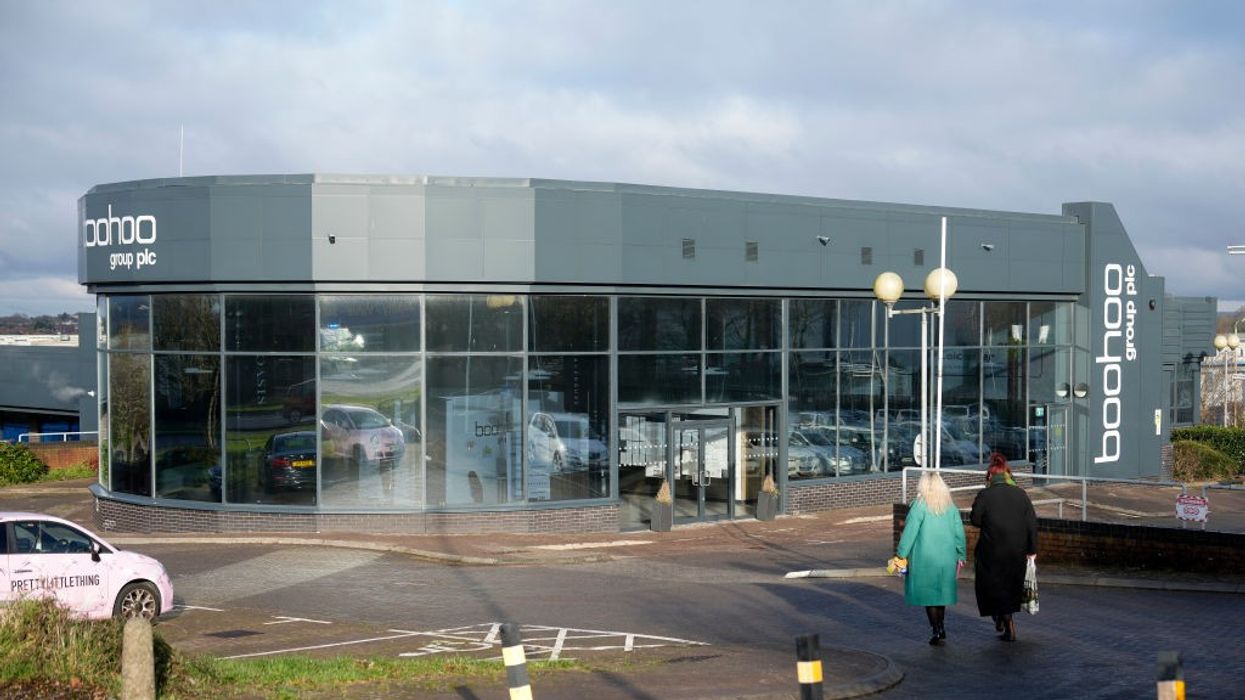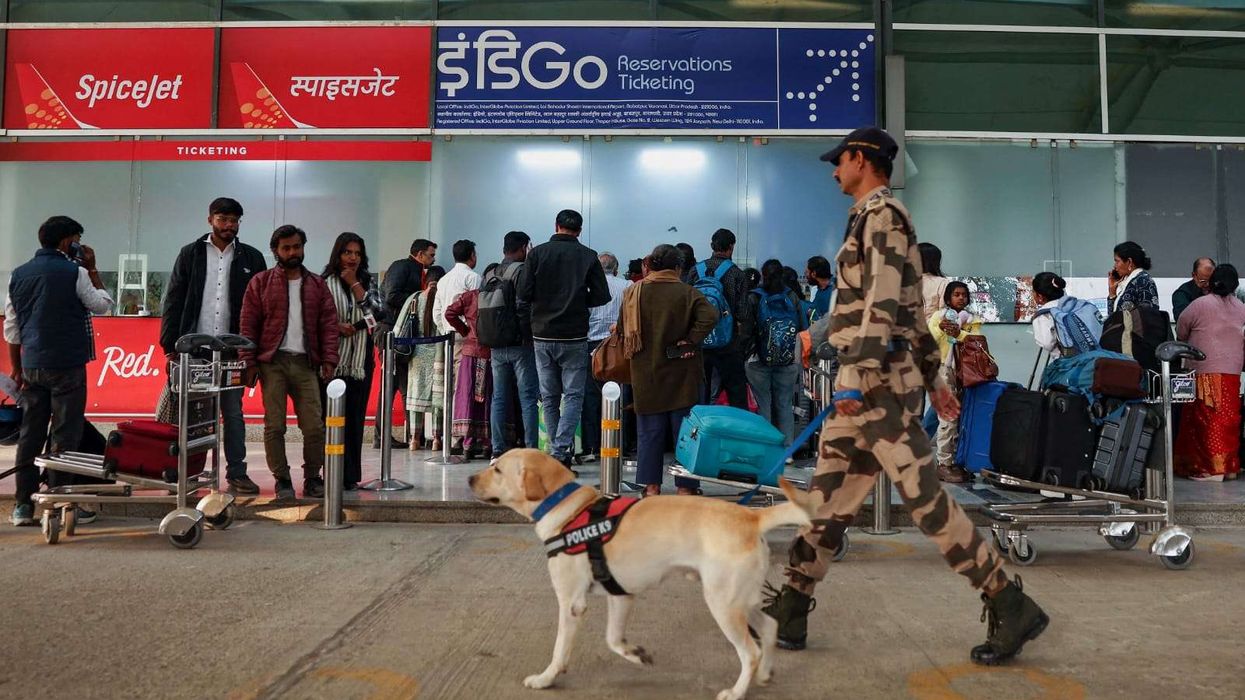On April 14, 2025, six extraordinary women including Katy Perry, Gayle King, Amanda Nguyen, Aisha Bowe, and Lauren Sánchez blasted past Earth’s atmosphere in Blue Origin’s New Shepard rocket, marking the first all-female crewed spaceflight since 1963. But beyond the headlines and viral videos, this 11-minute journey reignited major debates on gender, privilege, technology, and the future of humanity’s cosmic ambitions. Here’s what you really need to know.
1.Not just a celebrity joyride: The mission that rewrote space’s gender script
Forget gimmicks because NS-31 made history by placing six diverse women at the centre of a traditionally male-dominated frontier. From Amanda Nguyen, a civil rights activist and Nobel nominee, to Aisha Bowe, a former NASA rocket scientist, this wasn’t just a PR stunt. It was a powerful moment showing how space narratives are expanding and embracing artists, advocates, and storytellers. Perry’s decision to sing “What a Wonderful World” in zero gravity may seem whimsical, but it holds a deeper truth: that emotion, art, and empathy deserve space. Literally.
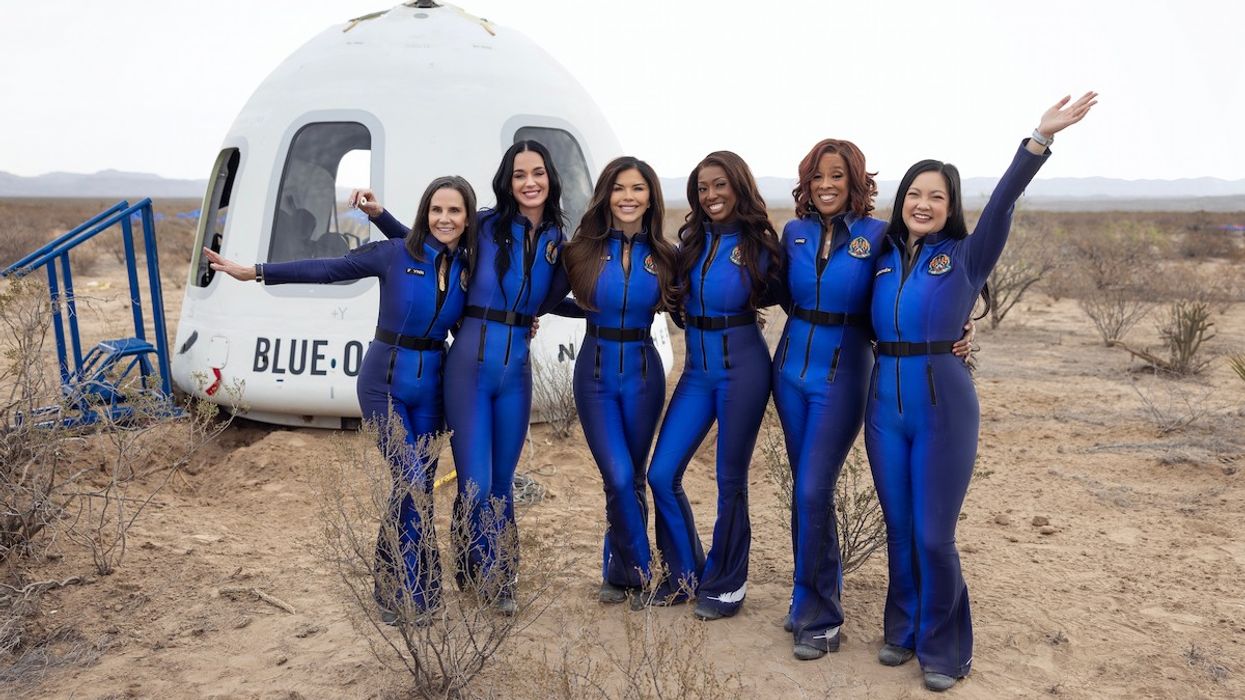
2.Who pays for the stars? The economics of a £475,000 ticket
The price tag for a Blue Origin seat can soar £475,000+ (₹5 crore+) depending on demand, auctions, or VIP status. Some, like Perry and Sánchez, were likely invited as celebrity ambassadors. Others have shelled out millions (remember the $28 million anonymous auction winner in 2021?). As the “guest list” mixes the wealthy with the famous, space tourism walks a fine line between innovation and elitist escapism.
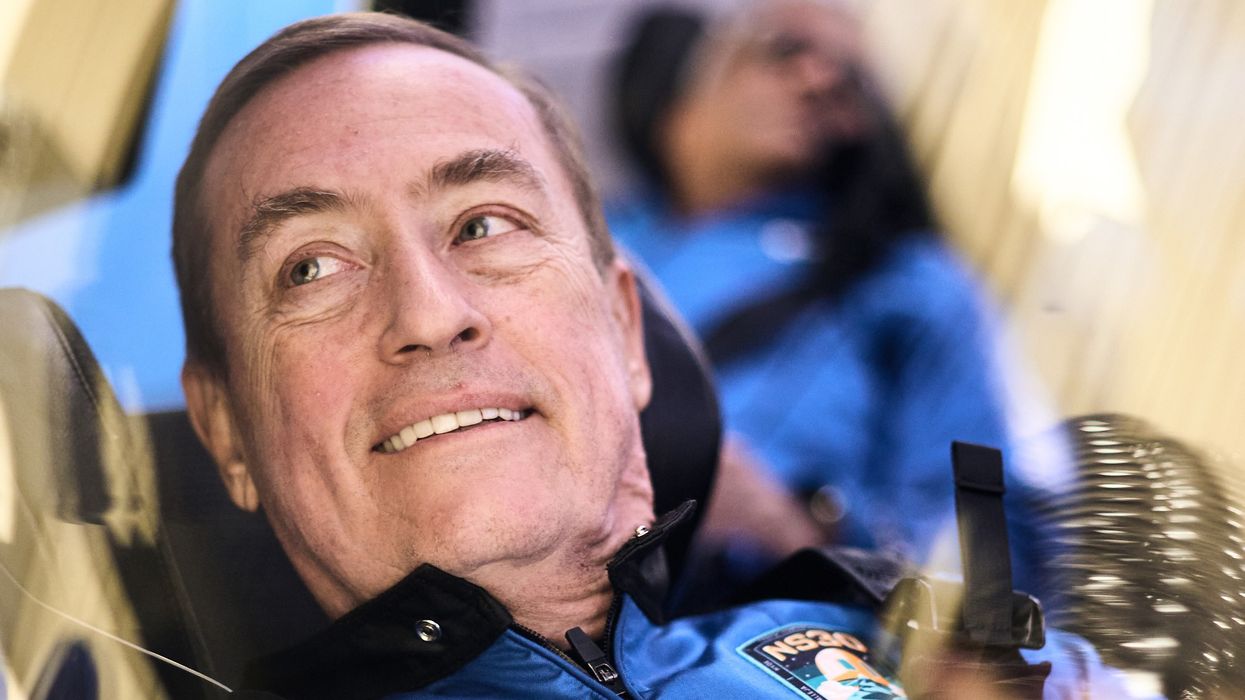
3.Out of this world and into our atmosphere: The environmental hangover
Despite claims that Blue Origin’s rocket emits only water vapour, scientists warn it’s not as “clean” as it sounds. Water vapour in the upper stratosphere contributes to ozone depletion and climate imbalance. A 2022 MIT study found that rocket soot traps 500 times more heat than airplane emissions. With launches multiplying, the question looms: can we afford the ecological cost of luxury lift-offs?
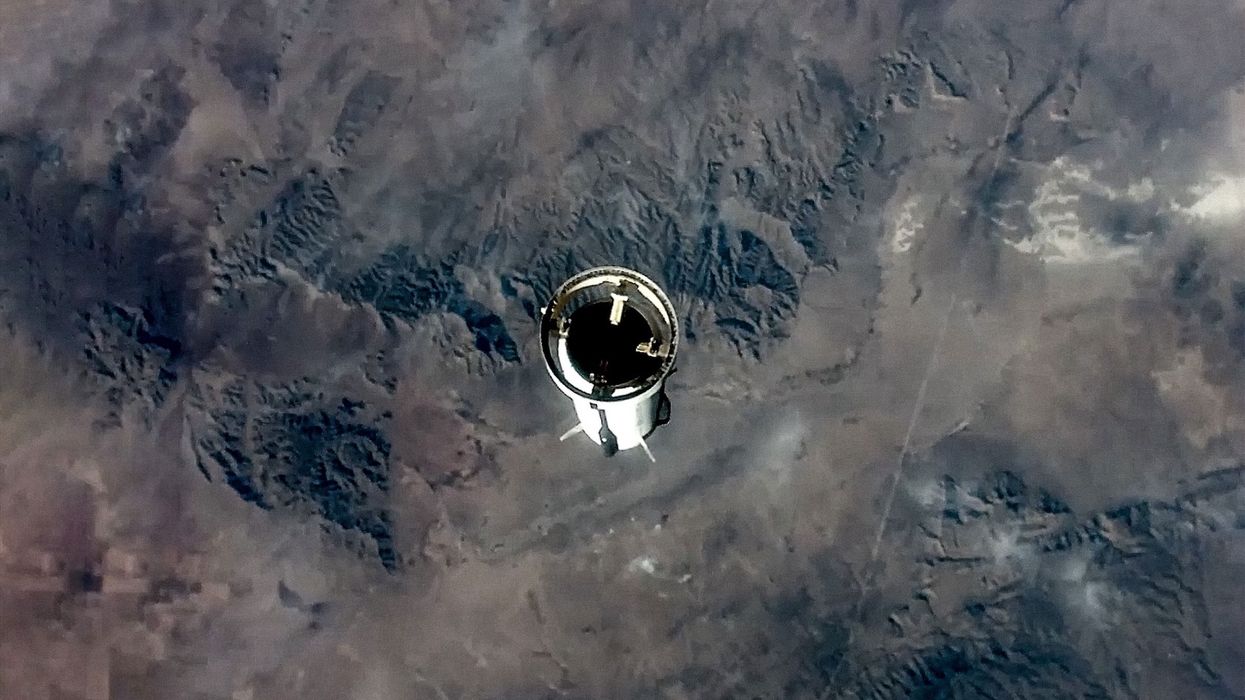
4.Botox in zero gravity? The surprising debate on cosmetic procedures in space
NS-31 didn’t just raise eyebrows; it got people talking about them, quite literally. How do dermal fillers and implants react in microgravity? Experts say fluid shifts can cause puffiness, while rapid acceleration might stress certain procedures. Though data is limited, the conversation is about how deeply body image and aesthetic culture have permeated even the outer limits of Earth.
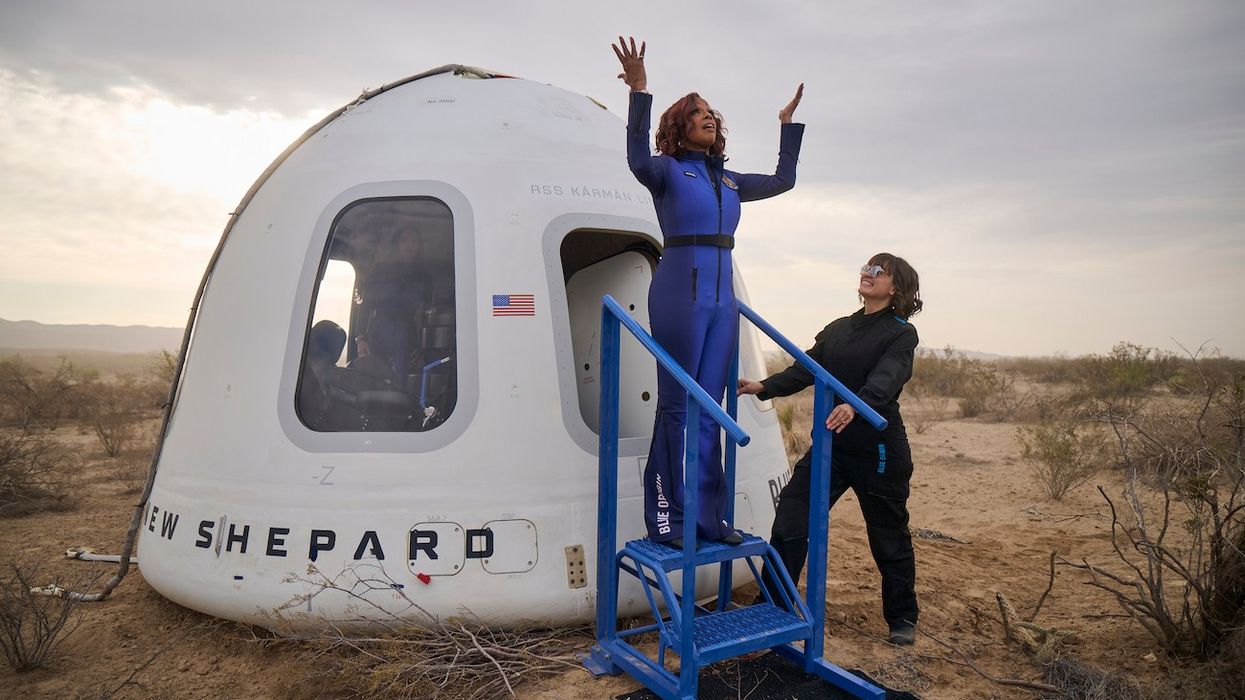
5.A space for expression: Art meets astronomy style
Katy Perry floated with a daisy in her hand, singing in orbit. It wasn’t just a viral moment; it was also the first mainstream instance of pop performance art in space. Her tribute to her daughter was personal, poetic, and ground-breaking. It suggests a new frontier not just for science, but for human creativity. Will space become the next stage for music videos, films, or immersive art installations? Who knows, right?
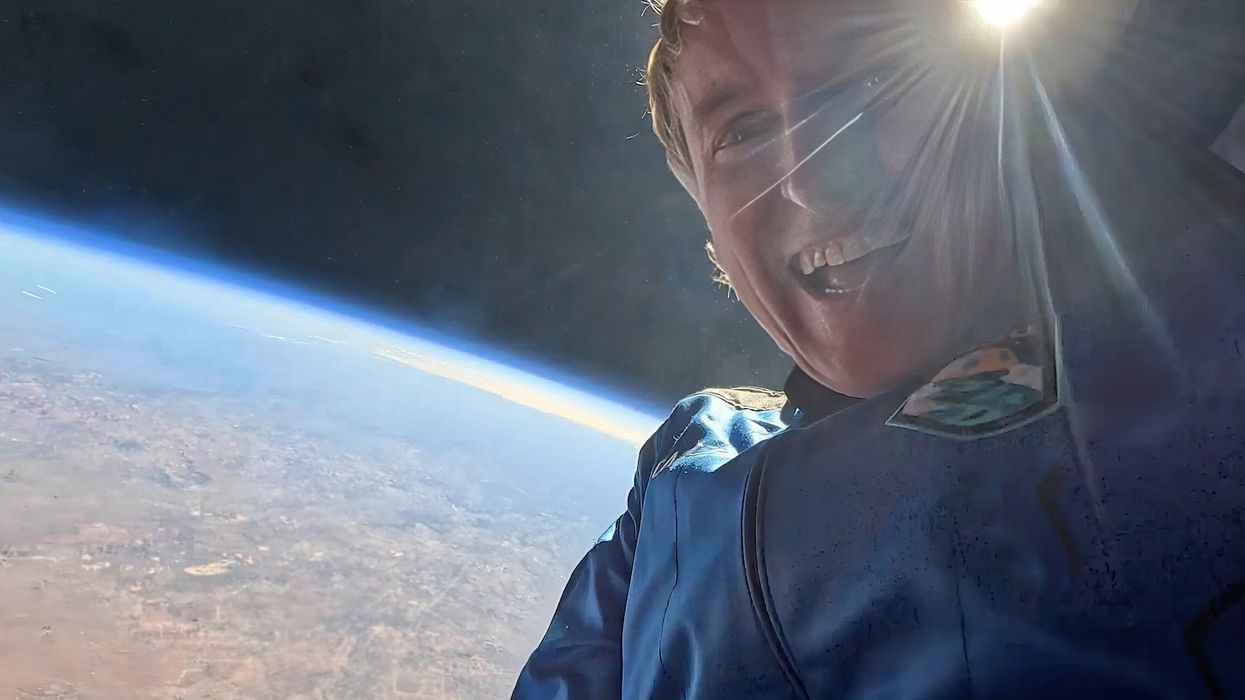
6.Legal loopholes: Flying in a grey zone
Space law is still stuck in the '60s. The Outer Space Treaty (1967) didn’t account for civilian tourism, Instagram uploads, or sponsored passengers. Who’s liable if something goes wrong? What if there's an environmental disaster? There’s no global regulatory body for private space travel yet, which means that companies like Blue Origin are navigating mostly uncharted legal territory.
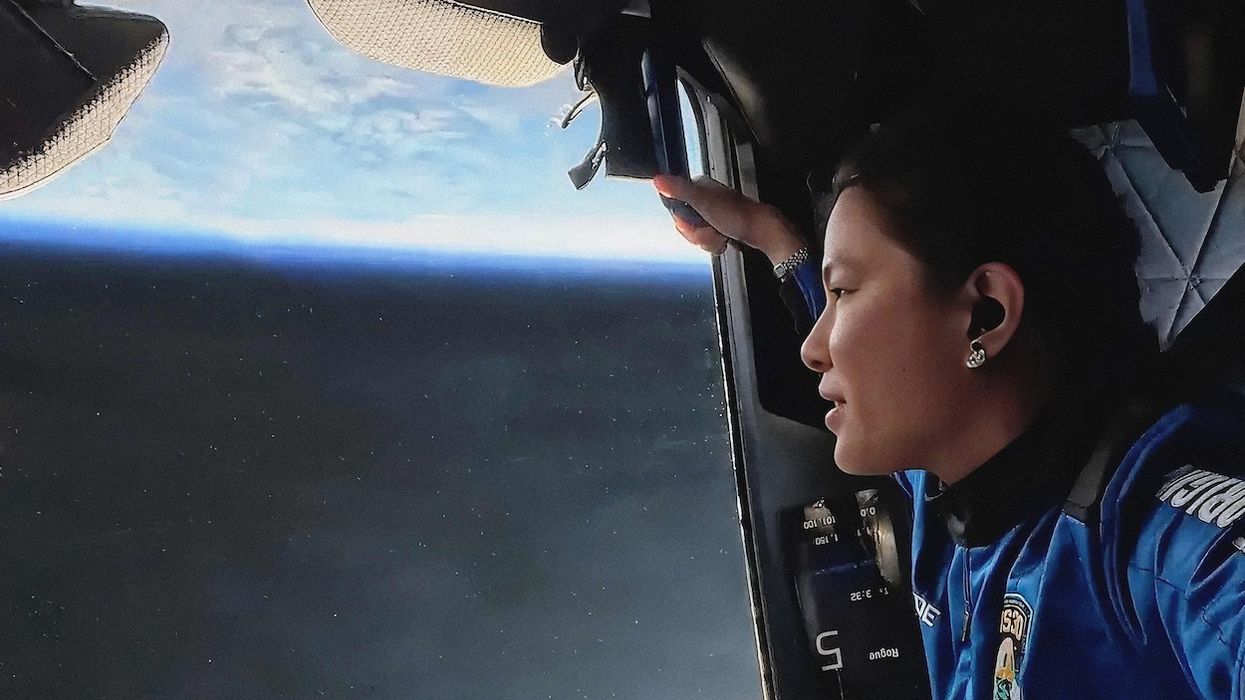
7.The toll on the human body: Not all glamour
While 11-minute flights are low-risk, experts warn about the cumulative effects of space radiation and microgravity, even on short trips. Issues like fluid redistribution, cardiovascular strain, and cosmic ray exposure are still being studied. As trips get longer, so do the risks and right now, there’s more we don’t know than we do.
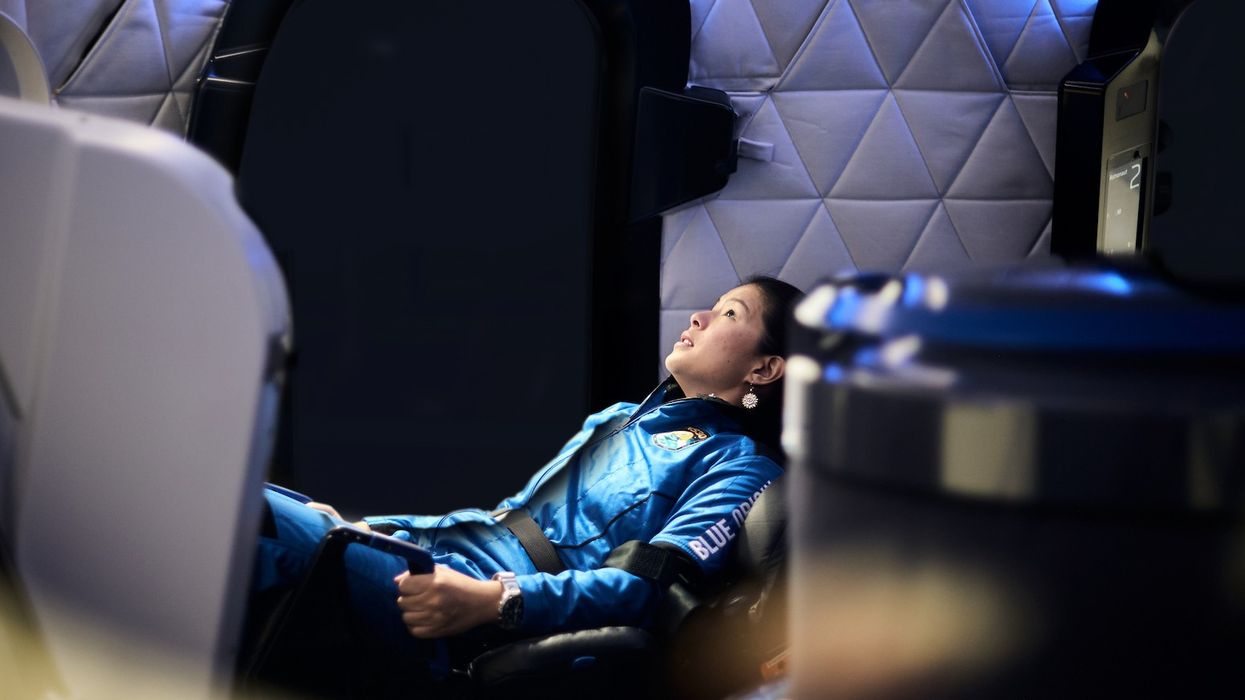
8.Who gets to go? Space, equity, and representation
NS-31 was certainly a triumph for gender visibility, but it didn’t escape criticism. Olivia Munn asked, “There are people who can’t even afford eggs. Should we be cheering celebrity spaceflights?” That contradiction is real. The diversity of the crew was a win, but as long as tickets remain astronomically priced, real inclusivity is still light-years away.
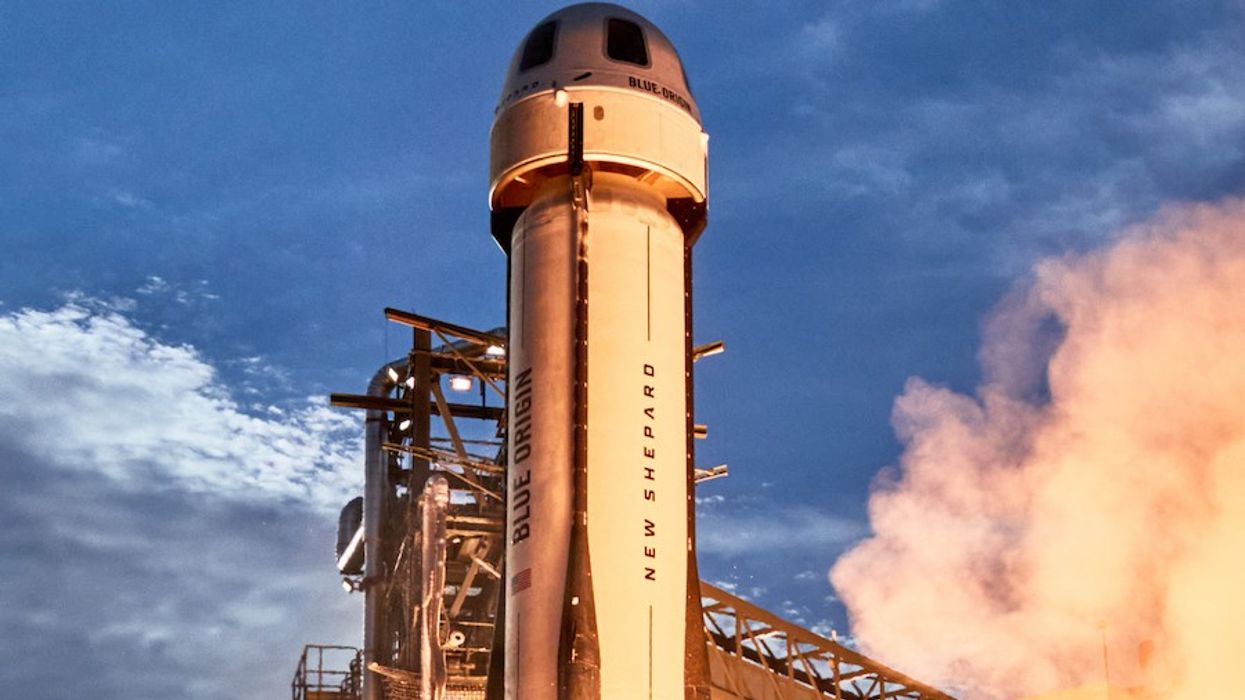
9.Tech triumphs and hurdles still ahead
Blue Origin, SpaceX, and Virgin Galactic are racing to develop reusable rockets, safer capsules, and longer orbital missions. But while NS-31 was a success, true sustainability and safety for extended stays in space require innovation around radiation shielding, life support, and even waste disposal. The tech is promising, but it’s not there yet.
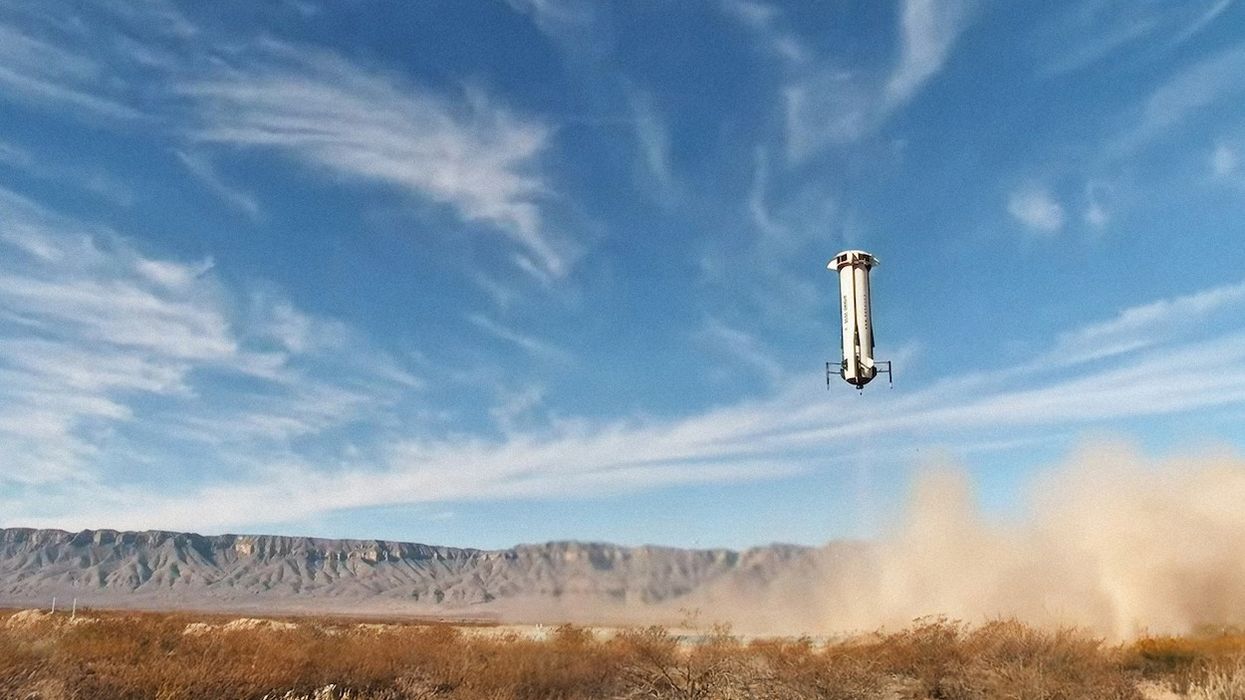
10.Is this the future we want?
Space tourism is expected to become a £5.4 billion (₹57,000 crore) industry by 2030. For some, it’s a thrilling new chapter for humanity, one that might fund deeper exploration and inspire future scientists. For others, it’s a billionaire’s playground during a climate crisis. NS-31, in fact, forces us to ask: Are we heading toward a future where the stars are for everyone, or just the chosen few?
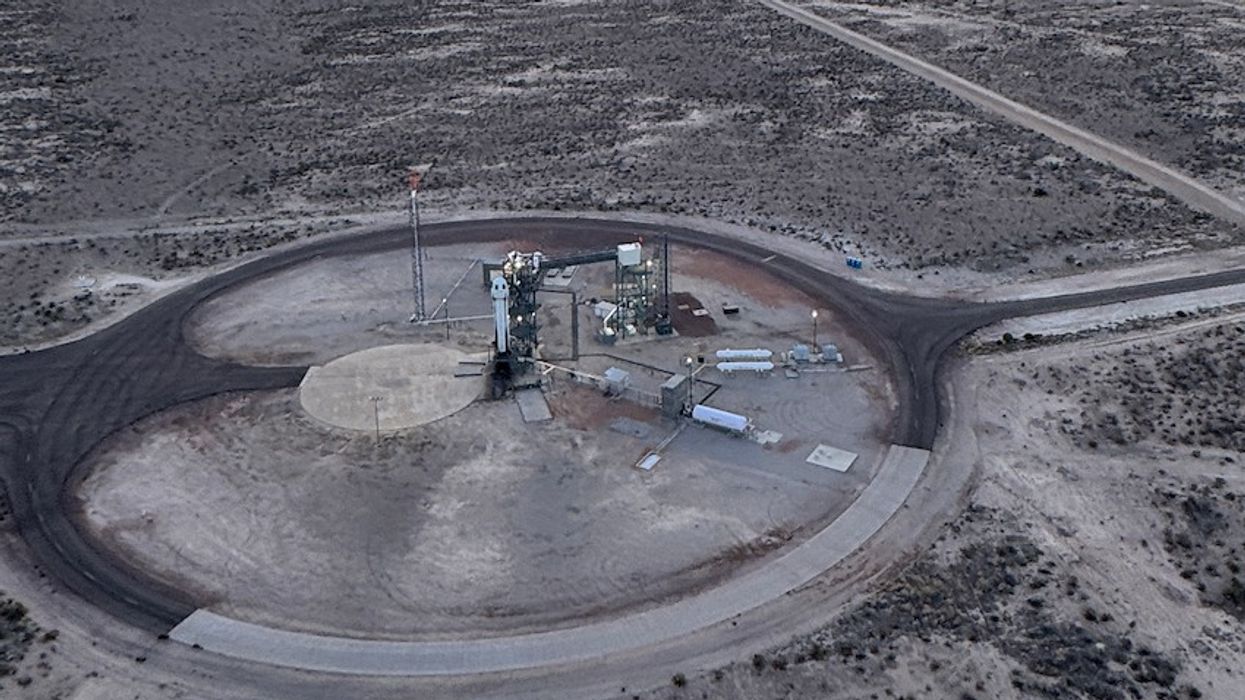
A ‘wonderful world’ or a ‘vanity voyage’?
As Katy Perry sang softly in microgravity, the world watched in awe. But once the capsule landed, the buzz gave way to a bigger debate about ethics, access, and the real cost of our cosmic ambitions. NS-31 was a cultural flashpoint, a sign of how far we’ve come and how far we still have to go.
